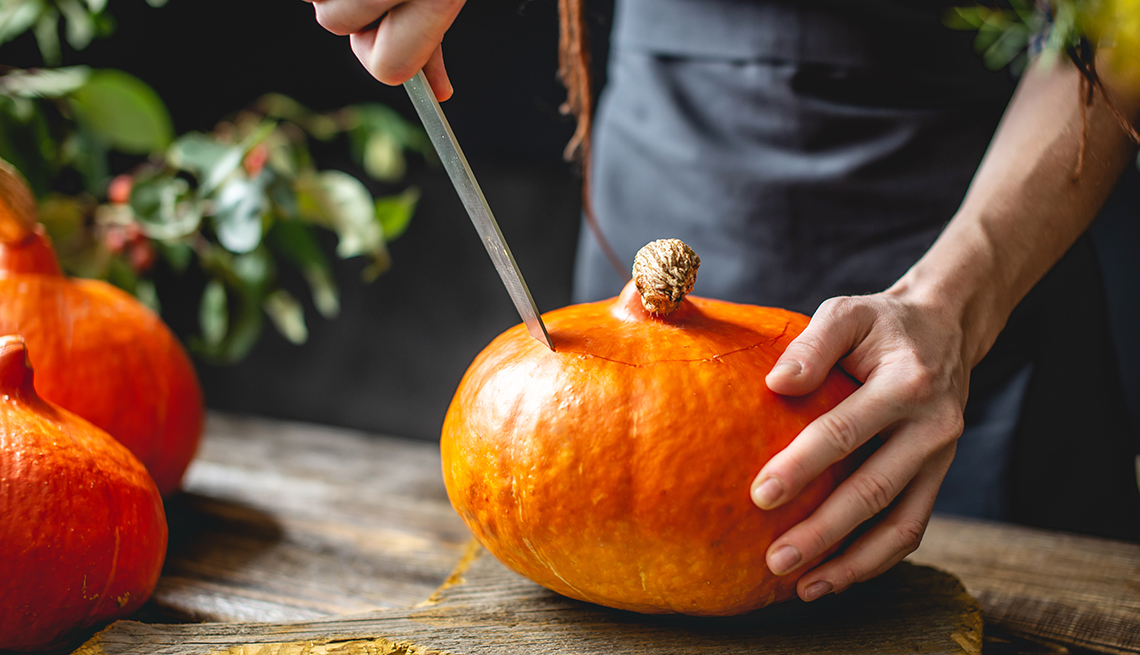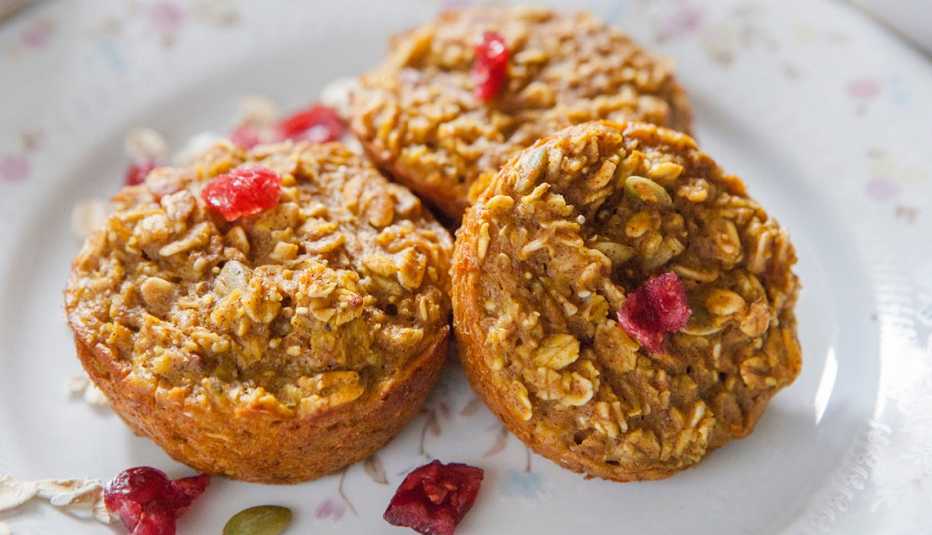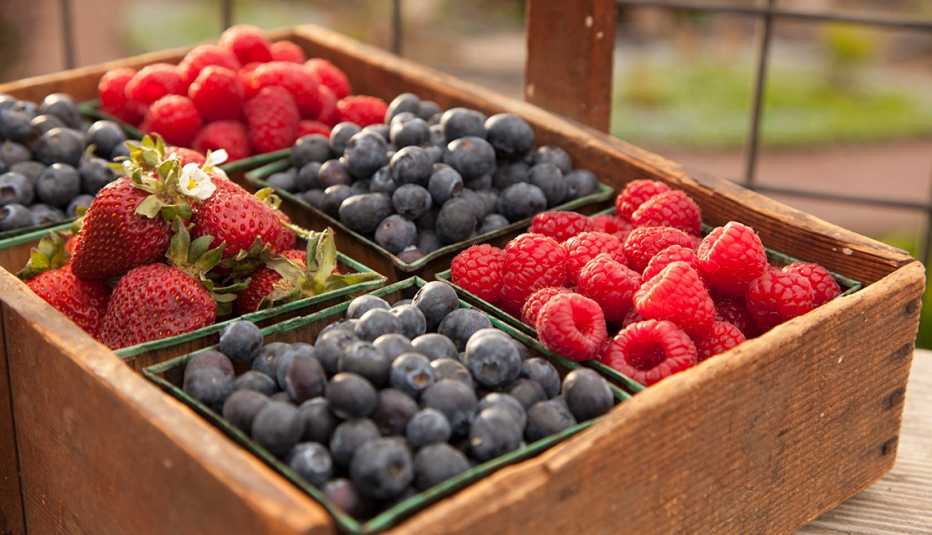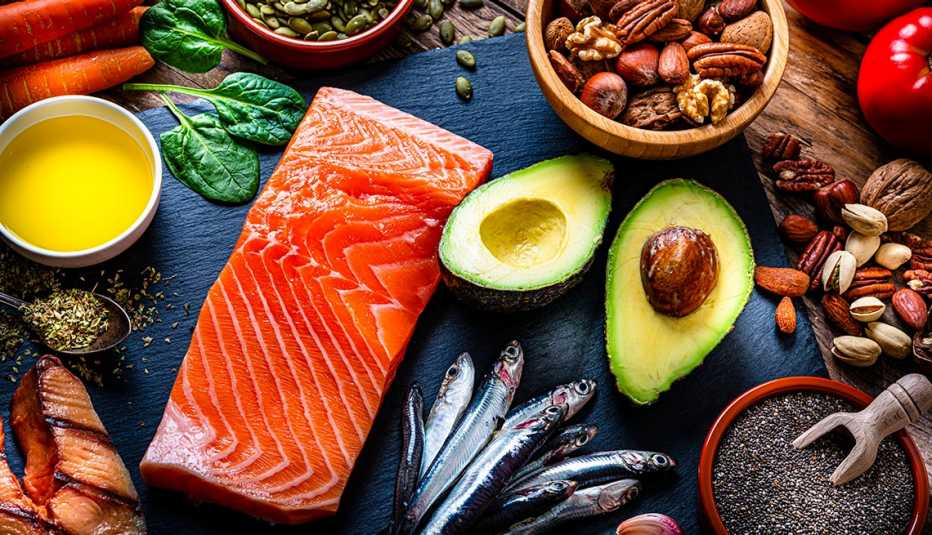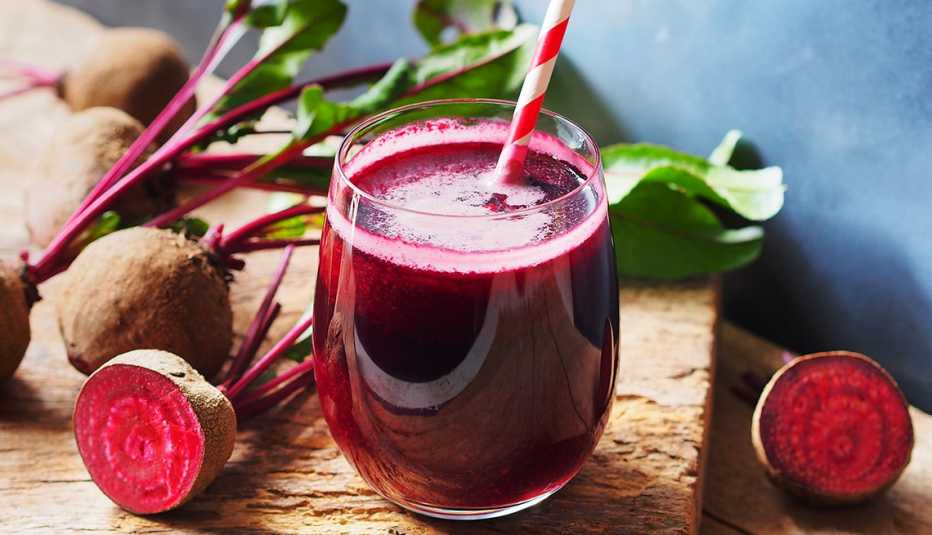Staying Fit
For many people, fall is practically synonymous with pumpkin spice lattes, pumpkin bread and pumpkin pie. Although these treats are fine in moderation, they shouldn’t be mainstays of your diet. The problem is hardly the pumpkin itself, but rather the oodles of sugar and fat that tend to accompany such seasonal favorites. “Pumpkin has an impressive nutrient profile,” says Amy Kimberlain, a spokesperson for the Academy of Nutrition and Dietetics. “One cup of cooked pumpkin has 49 calories, virtually no fat, 2 grams of protein and 3 grams of fiber,” and it’s loaded with beta-carotene, an antioxidant that gets converted in your body into vitamin A.
Here are seven facts about pumpkins that might surprise you, as well as tips for enjoying it in a healthier manner.


AARP Membership— $12 for your first year when you sign up for Automatic Renewal
Get instant access to members-only products and hundreds of discounts, a free second membership, and a subscription to AARP the Magazine.
1. It may help keep your immune system strong.
Steering clear of sick people, practicing good hand hygiene and staying up to date on your flu, COVID-19 and pneumonia vaccines are still crucial. But if you’re looking to give your immune system a little extra boost this fall and winter, eating an ample variety of produce — including pumpkin and pumpkin seeds — may help, Kimberlain says.
Pumpkin packs a wallop of vitamins and minerals, including several that may help get you through cold and flu season relatively unscathed. Vitamin A, for instance, may strengthen the immune system and help fight infections, Kimberlain says. Pumpkin also contains vitamin C, which increases the production of white blood cells, helps immune cells work more effectively and makes wounds heal faster, she adds. And pumpkin seeds offer myriad nutrients that support the immune system, including zinc.
2. It may help keep your vision sharp.
In addition to beta-carotene, pumpkin provides lutein and zeaxanthin, powerful antioxidants that have been linked to better vision, says Lyssie Lakatos, a nutritionist, personal trainer and coauthor of The Nutrition Twins’ Veggie Cure. “Lutein has been shown to prevent macular degeneration, the leading cause of blindness in the U.S.” (for those 65 and older, according to the Centers for Disease Control and Prevention), she says. “Studies also show that high levels of both lutein and zeaxanthin protect the eyes from harmful UV light.”



























































